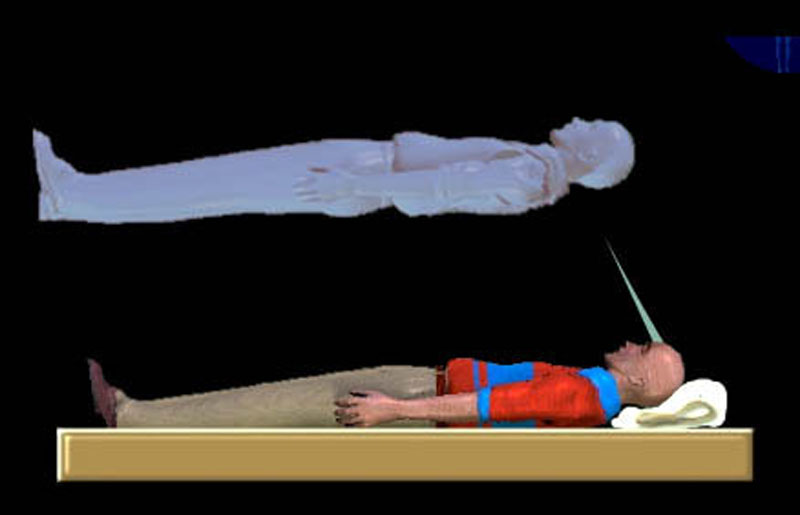Alterations of Consciousness - Hallucinations and Unusual Experiences
- A hallucination is a perception in the absence of external stimulus that has qualities of real perception.
- An illusion is a distortion of the senses, revealing how the brain normally organizes and interprets sensory stimulation.
- A pseudohallucination is an involuntary sensory experience vivid enough to be regarded as a hallucination, but recognised by the patient not to be the result of external stimuli.
- A type of dissociative experience arising from psychological and neurological factors, an out-of-body experience typically involves floating outside one's body and, in some cases, perceiving one's physical body from a place outside one's body.
- A near-death experience is a personal experience associated with impending death, encompassing multiple possible sensations including detachment from the body and the presence of a light. Research from neuroscience considers the experience to be a hallucinatory state.
- Déjà vu is the phenomenon of having the strong sensation that an event or experience currently being experienced, has already been experienced in the past, whether it has actually happened or not. Scientific approaches explain it as an anomaly of memory.
- Dual process theory provides an account of how a phenomenon can occur in two different ways, or as a result of two different processes. Often, the two processes consist of an implicit, unconscious process and an explicit, conscious process.

Artist's depiction of the separation stage of an out-of-body experience, which often precedes free movement